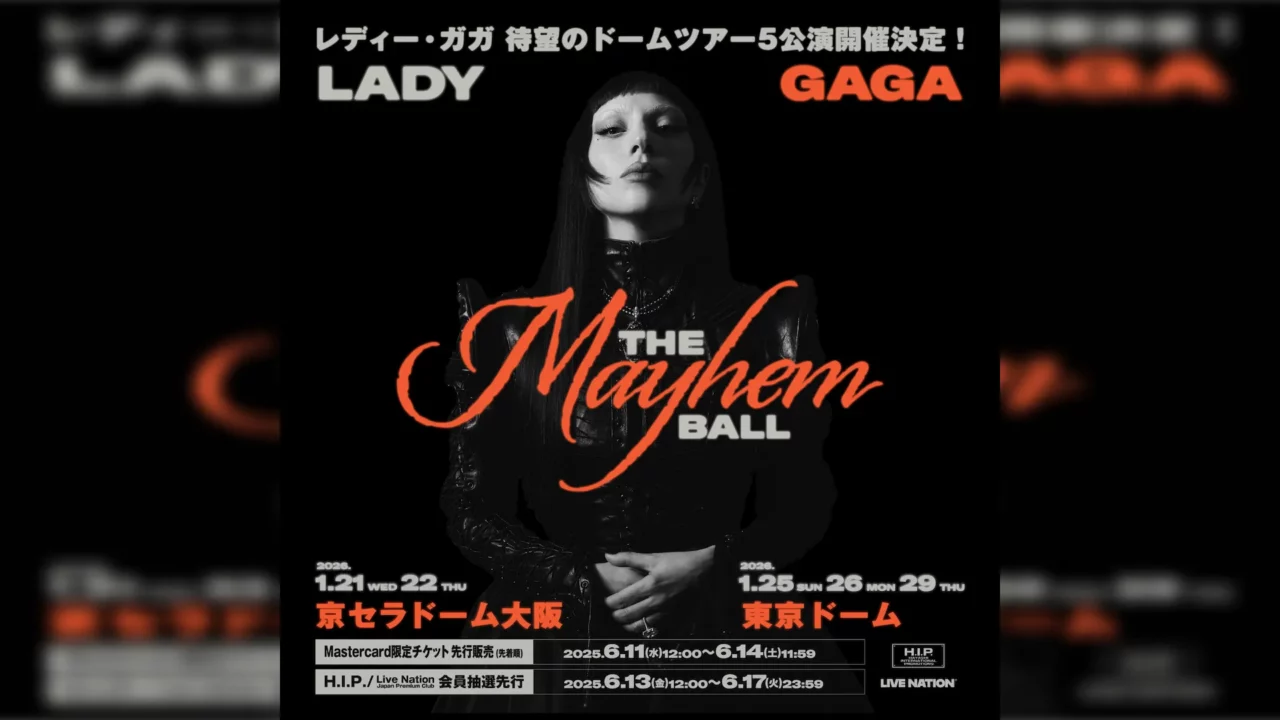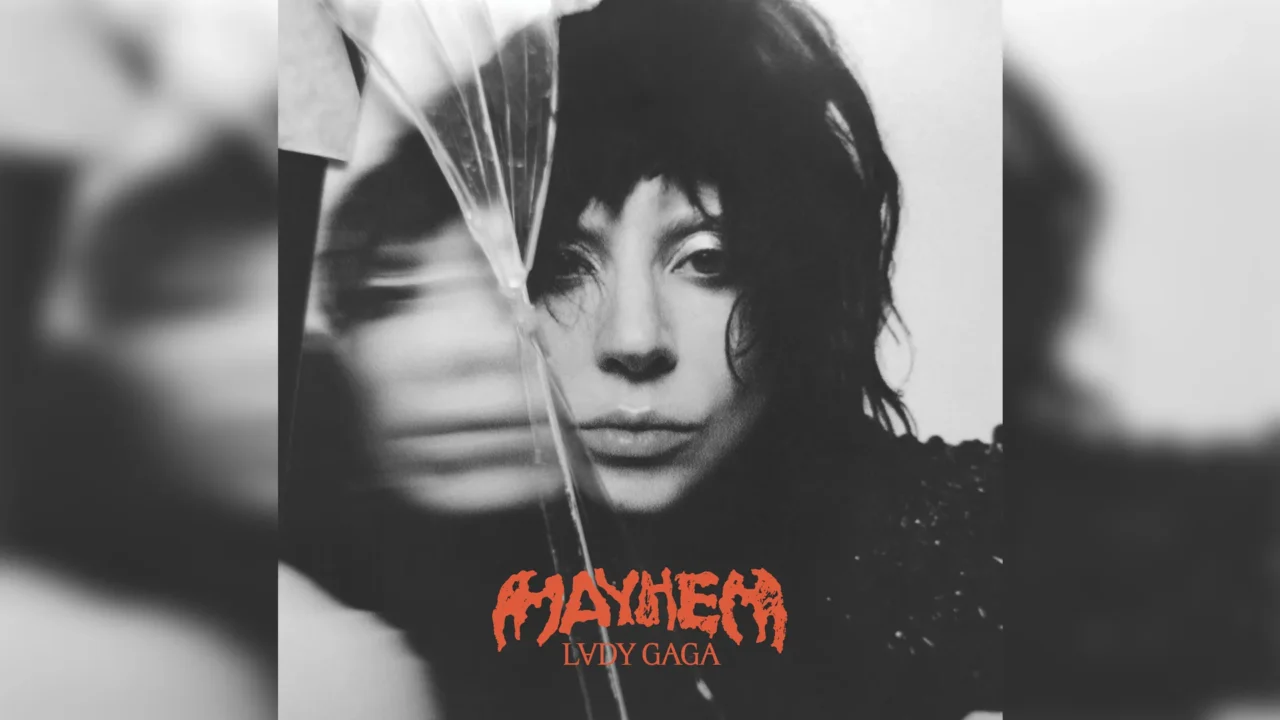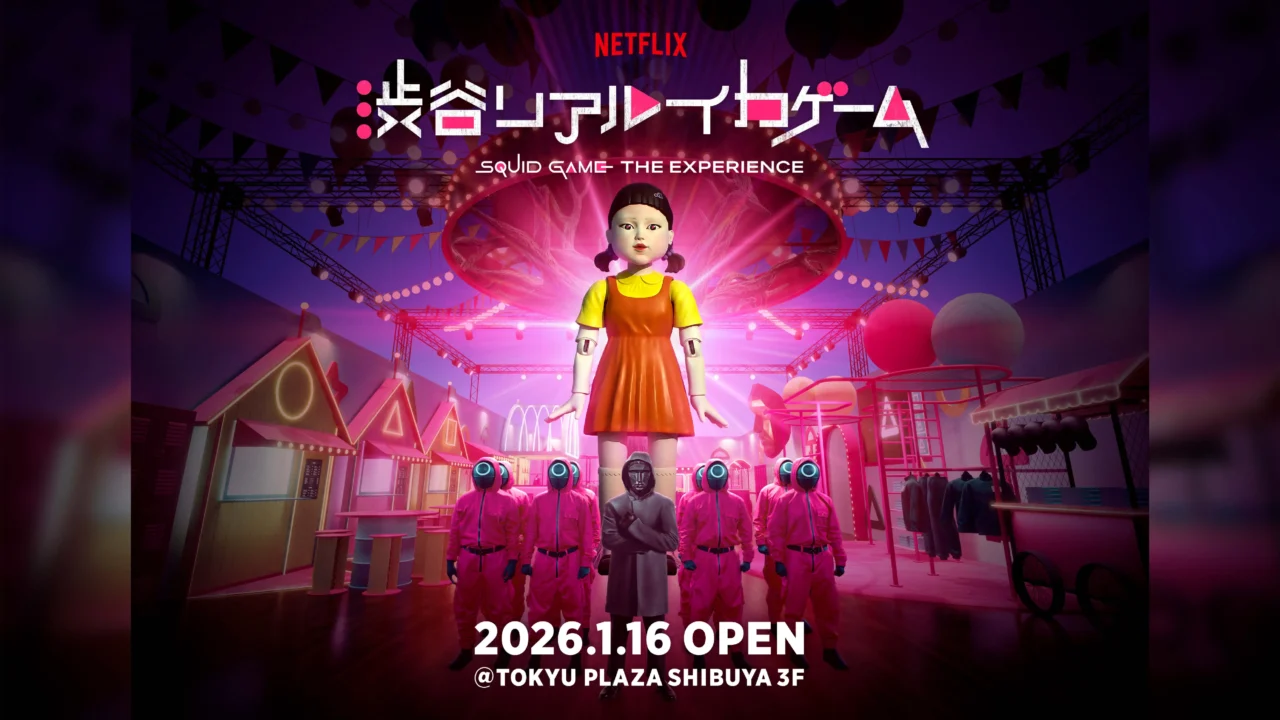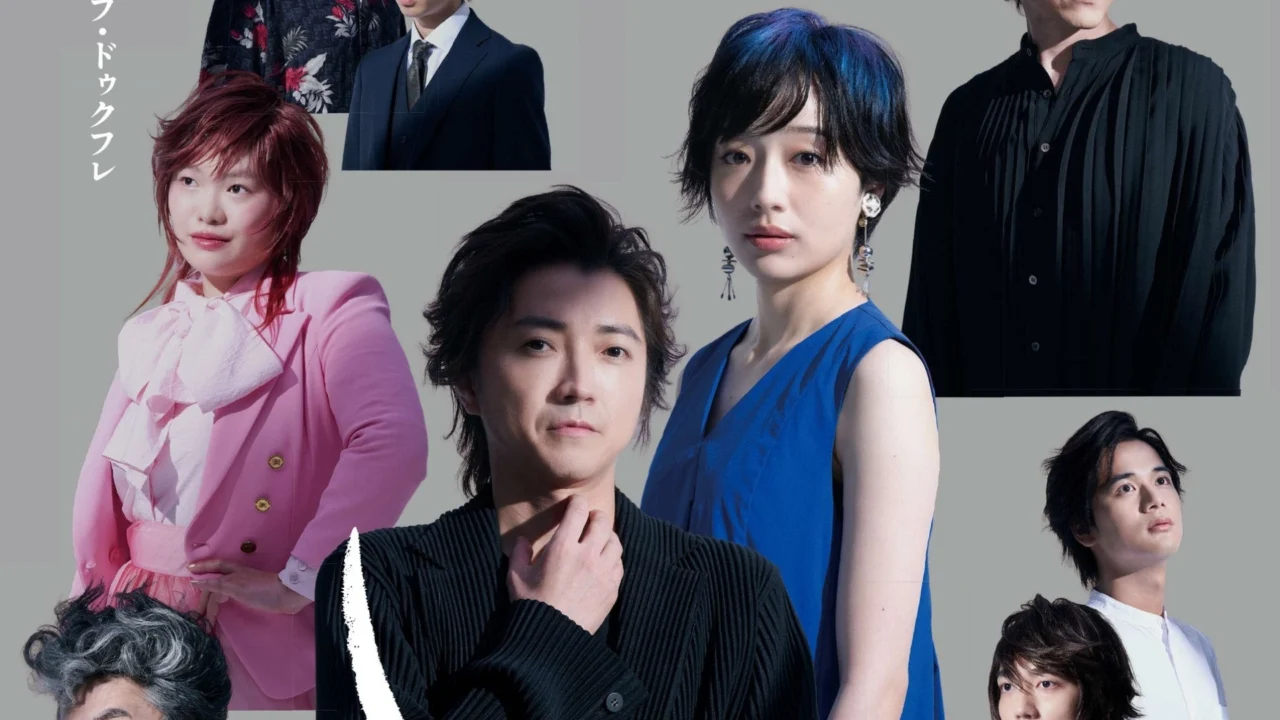The manga artist Okaya Izumi has a series called “Would You Like to Drink at My Place?” where she invites guests to her home for drinks and conversation. In the fourth installment, bassist Shinobu Kawai joins her.
Both Kawai and Okaya, who have gained diverse experiences in their respective fields of music and manga, have now naturally arrived at a way of “continuing happily.” This one-on-one drinking session might provide hope for the future to those who create works or work in cultural fields.
Don’t miss the recipe for “Grilled Eggplant Keema Curry” served on that day! (The recipe is at the end of the article.)
INDEX
Music is Fun—Start Now!
Kawai: Thank you for inviting me! I’m so glad to read this series of articles because I was so envious of how delicious Ocaya-san’s food looks.
Okaya: Welcome. You and Kawai have been playing around with various things, such as going to print silk screens together for making goods, learning South Indian cuisine together (*1), and so on. Was it at “Saru Fest” (*2) that we first met?
Kawai: At first, hmmm, where was it (laughs)? I wish I could remember more and more things.
1 The story is in the coterie magazine “Let’s make it! South Indian Set Meals” (Hobby Noodle Making Books).
2 “‘Saru Hage Rock Festival’ (commonly known as ‘Saru Fes’)… An all-night event similar to a cultural festival, featuring live performances, stage shows, and stalls run by creators from various fields such as music, theater, manga, and comedy. It is held every January at Shinjuku Loft. The event is organized by manga artist Kotobuki Shiriagari.

Born in Tokyo in 1971. At the age of 18, she formed the band “SUPER JUNKY MONKEY” with members she met. They debuted with Sony Records in 1994 and continued their activities between Japan and the United States until taking a hiatus in 1999. Since then, she has participated in various bands and units. Currently, she is mainly active with Otomo Yoshihide’s Special Big Band, Akira Sakata’s COCODA, Takeshi Shibuya, KERA & Broken Flowers, Adena Quartet (with Kazuhisa Uchihashi), Phnom Penh Model, and others. She loves curry.
Okaya: I have always had a complex and longing for music. In fact, I’m having a conversation with a cartoonist friend of mine right now about, “If you were to play a musical instrument, what would it be?” I was talking about it with a manga artist friend of mine.
Kawai: Oh! You should go ahead and do that.
Okaya: There are bands of manga artists and writers performing at “Saru Fes,” and maybe writers want to play in a band when they reach middle age. Music is good to be able to play with other people. Manga can’t be drawn with other people.
Kawai: I see. There is no such thing as creating with others?
Okaya: Not really. Also, I don’t usually work in the public eye, so I guess that makes me want to be out there. It makes you want to do something like a presentation.
Kawai: I think you should definitely do that. It’s fun just to make noise.

Okaya: In your improvisational live performances, do you practice in advance, or do you just play along and decide “this is how it’s going to be done” before you go on stage?
Kawai: On the day of the show, we just check the acoustics of the venue.
Okaya: So you have to try it out on the spot. So there are times when you can tell by watching that “it’s not going well”?
Kawai: Sometimes such occasions arise because I haven’t decided anything, but when I do things consciously, even silence becomes a sound, and I can’t say it well, but “uninterestingness becomes interesting, too. It’s hard to say, but “uninterestingness becomes interesting.” If you try to control the situation by trying to liven it up or make it look cool, it will be a disaster.
Okaya: Wow. I’ve never done anything too improvisational, so I’m afraid of …….
Kawai: It’s like talking in front of people without a script.
Okaya: I see. Oh, it might be a bit like haiku. In haiku, a few people get together and do something like “please make a haiku in the next two hours,” and then a “good haiku for the occasion” is created.
Kawai: Maybe it is similar. The place is part of the sound, or rather, everything is a trigger.
Okaya: That’s interesting.
Kawai: Okay, come on!
Okaya: I don’t think I’ll ever be able to do that with my performance.
Kawai: No, no, you should do it!

INDEX
Encounters with Lively and Amusing People at ‘Saru Fes’
Okaya: “Saru Fes” is like a “subculture tsukudani” place, isn’t it?
Kawai: Wahaha. It’s funny how we meet people related to “Saru-fes” so many times, and some of us even travel together, but we don’t really know what each other is doing.
Okaya: In a good sense, we are a group that is indifferent to others. They get along well, but they don’t care about others or pry into each other’s affairs.
Kawai: We don’t even know each other’s real names. Even when we go on vacation, we don’t stay together all the time.
Okaya: That’s right. When we went camping the other day, there were people roasting a whole pig on their own and others going to the lake [laughs].
Kawai: That’s what makes it really comfortable. I was never good at group activities, so I never dreamed that I would be traveling and camping with such a large group of people.
Okaya: There are so many interesting adults. When you wander around as an adult, you often get to know such similar people, don’t you?
Kawai: Yes, yes. When you reach that age, you naturally move away from things and people you don’t like, and settle into a community of people with similar sensibilities.
Okaya: I get swept away and end up there. When you get to a place where things blow up, there are people who are similar to you.
INDEX
Attracting Like-minded Individuals by Sharing Your Interest
Kawai: It’s the same with work. I am not that dexterous and can’t do everything, so as a result, I spend more time working with people I can do interesting things with.
Okaya: Do you sometimes get unexpectedly asked to play the bass guitar?
Kawai: Thankfully, people who know me are asking me now, but when I was in SUPER JUNKY MONKEY, I was only active in one band, so when the vocalist passed away and the band went on hiatus, I had no place to play. But I thought that if I stopped playing now, I would never play bass again, so I decided to do whatever I was invited to do.
Okaya: Yes.
Kawai: At that time, there were a lot of terrible invitations, such as “Any girl bass player will do,” and “Are you still playing bass? I had a lot of terrible invitations. I thought it was a little rude to ask someone out without knowing anything about them or even hearing their sound, but I did whatever I could, including that. I had some bad experiences, but I also met a lot of good people, and I learned a lot about what I was good at and what I was not good at.
Okaya: Ah, I see. When I was in my 20s, I worked as a designer in a company, and I could also draw illustrations, and I thought I was good at what I did.
Kawai: Yeah.
Okaya: So, even if I was asked to do work that was not my style at all, I thought I could handle it. The client was quoting me a low price, and I was thinking of them as a bit foolish, which is not a good thing. However, when you take on a job with that kind of mindset, you don’t do it well at all. When I told this to my friend, he said, “What are you talking about?
Kawai: Everyone around me knew you weren’t dexterous.
Okaya: Oh, that’s right! He said. I gradually realized that I should do the type of work that makes the most of my individuality. And the more I did that, the more jobs came to me, saying, “You’re the reason I’m asking you to do this.
Kawai: A long time ago, someone once told me, “If you send out information that you think is interesting, people who think it is interesting will come to you.
Okaya: That’s so true. In the end, work goes better when you are in a natural state, saying, “This is how I am. So now I feel like, “Since they asked me to do this, I can do whatever I want.

INDEX
Opportunities Often Sprout Unexpectedly from Connections
Kawai: When I was younger, I had a lot of part-time jobs. Then, I found a nursery school that was looking for an assistant nanny, and they said it was OK even if you were not qualified, so I worked there for about two years.
Okaya: Oh, so you worked as a nanny while performing with Super Monkey?
Kawai: Yes. I was in charge of a class for 3 to 5 year olds, and it was a lot of fun. I think I’ve been able to do almost anything I wanted to do, thanks to part-time jobs and the kindness of people around me.
Okaya: You also draw manga, don’t you?
Kawai: Yes, that’s right. Of course, it is not my main job, but I am grateful that people read my manga in one way or another. I also had a book of palindromes and illustrations published (“Kai-bun-do,” Shinchosha, 2003). When palindromes became popular among my friends, we would send them to each other by e-mail, and one of them was an editor who said to me, “Kawai, let’s serialize this.
Okaya: That sounds great. But work can come out of nowhere through some kind of connection, like that.
























